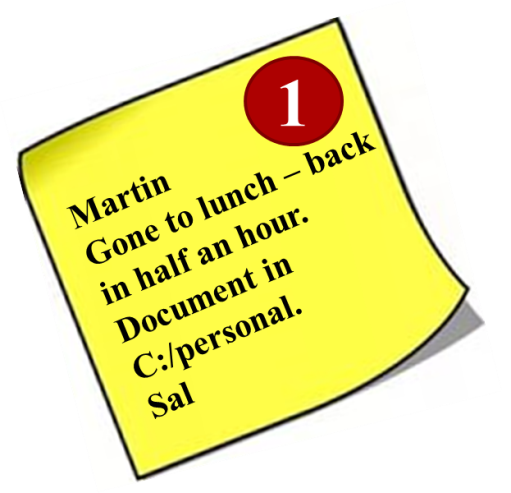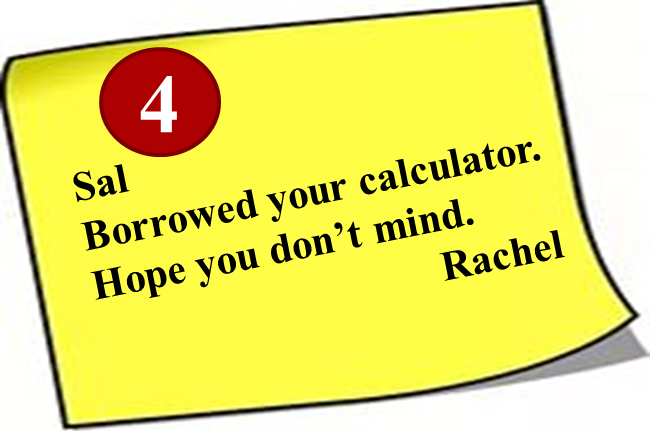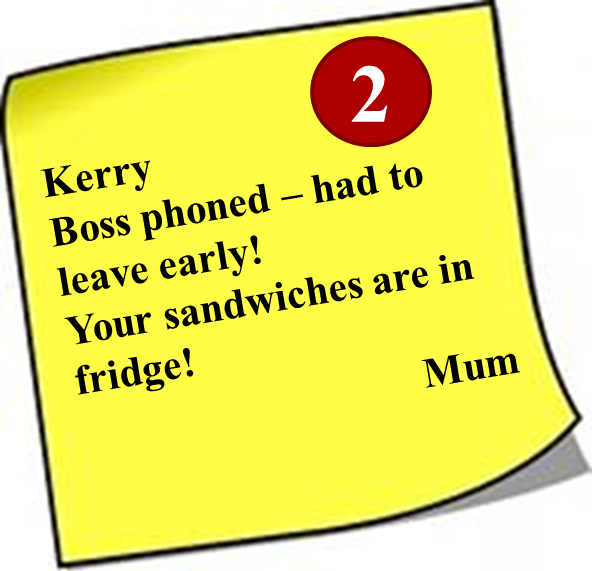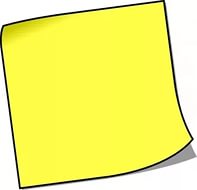- Преподавателю
- Иностранные языки
- ПЛАН-КОНСПЕКТ УРОКА по английскому языку на тему: “SHORT MESSAGES. WE LEARN TO WRITE NOTES. ”
ПЛАН-КОНСПЕКТ УРОКА по английскому языку на тему: “SHORT MESSAGES. WE LEARN TO WRITE NOTES. ”
| Раздел | Иностранные языки |
| Класс | 5 класс |
| Тип | Конспекты |
| Автор | Гафарова Л.П. |
| Дата | 31.10.2015 |
| Формат | docx |
| Изображения | Есть |








 МУНИЦИПАЛЬНОЕ БЮДЖЕТНОЕ ОБЩЕОБРАЗОВАТЕЛЬНОЕ УЧРЕЖДЕНИЕ
МУНИЦИПАЛЬНОЕ БЮДЖЕТНОЕ ОБЩЕОБРАЗОВАТЕЛЬНОЕ УЧРЕЖДЕНИЕ
«БРАТСКИЙ УЧЕБНО-ВОСПИТАТЕЛЬНЫЙ КОМПЛЕКС»
МУНИЦИПАЛЬНОГО ОБРАЗОВАНИЯ КРАСНОПЕРЕКОПСКИЙ РАЙОН
РЕСПУБЛИКИ КРЫМ
ПЛАН-КОНСПЕКТ УРОКА
по английскому языку на тему:
"SHORT MESSAGES.
WE LEARN TO WRITE NOTES."
("Короткие сообщения.
Учимся писать личные записки.")
Подготовила:
Гафарова Л. П.,
учитель английского языка
2015 г.
Класс: 10 Модуль 2 Урок 2е
Тема: "Short messages» Короткие сообщения
Тип урока: урок усвоения новых знаний.
Цель урока: овладение учащимися определенным набором умений иноязычной письменной речи, которые позволят им создавать тексты того или иного типа.
Задачи урока:
- познакомить с алгоритмомнаписания короткого сообщения(личной записки) англоязычному другу;
- формировать и развивать навыки написания личных записок;
- активизировать употребление в письменной и устной речи учащихся изученных временных структур глагола;
- воспитывать уважение к особенностям и этикету переписки, характерным для англоязычных стран.
Оборудование: презентация, раздаточный и наглядный материал, стикеры.
Ход урока.
-
Организационный момент. (1 мин)
Постановка проблемы и сообщение цели урока. (2 мин)
T: Look at the board and try to guess what we are going to talk about. What means of communication are people in contact by?
Учащиеся высказывают свое мнение относительно темы урока. Учитель должен подвести к ответу наводящими вопросами.
T: People are in contactby written messages such as letters, sms, emails and so on. Today we'll compare the structure of writing emails and short messages and we'll learn to make notes.
-
Развитие языковой догадки. (3 мин)
T: Everyone has ever sent emails to people we know very well or don't know. Now your task is to open your textbooks and look through the email
Учащиеся открывают учебники и читают про себя электронное письмо.
T: Have you read it?
-
Ознакомление со структурой написания личных записок.(14 мин)
4.1. Развитие навыков системного анализа написания электронного письма и коротких сообщений.(7мин)
T: Let's sum up and remember the advice of writing short messagesusing the table in
Учащиеся вместе с учителем формулируют правила написания коротких сообщений, опираясь на таблицу Train you brain.(слайд 7)
Структура написания коротких сообщений, записок:
-
In short messages we don't usually write:
-
Greetings and polite expression like Hi, I hope you're well
-
Unimportant information
-
We often leave out:
-
Pronouns like I, you, my
I hope you can come.
-
Auxiliary verbs like do, haveat the start of the sentences.
-
Do you fancy ..?
-
The definite article (the)
The play starts…
-
We often use the Imperative in short notes.
Phone if you can't come.
-
We must write the important details of the message like the place and the time of the meeting.
4.2. Активизация изученного материала. (7мин)
T: Now remove the words from the sentences in ex. 5 to remember these rules.
Учитель опрашивает фронтально
T: We can leave short messages everywhere. There are some notes on paper sheetsand match them with places where they were left. (Приложение 1)
Ученики работают с раздаточным материалом.
Примерный ответ учащихся:
P1: The first note was left on a computer screen.
P2: The second note was left on a fridge in a typical kitchen.
P3: This one was left on a door in a student flat.
P4: And the last note was left on a desk in an office.
T: Use the words from ex. 7 to rewrite these messages in full sentences. Workin groups.
Ребята выполняют следующее задание в группах, переделывая предложения в записках.
-
Физкультминутка. (1 мин)
T: Are you tired? Have a rest!Train your eyes and enjoy music!
Учащиеся делают упражнения для глаз.
-
Закрепление изученного материала (обработка навыков написания личной записки по плану). (15 мин)
T: Continue to work. But we don't know Vicky's reply to Pete. Read it in ex.8. Which words or phrases can be crossed out? Is there any missing information? Then check your answers on p.118
Учитель предлагает прочитать ответ Вики и спрашивает, какие слова и фразы можно было опустить, и какая информация отсутствует в этом послании. Затем учащиеся самостоятельно проверяют себя.
T: And now let's write a short note inviting a classmate to one of the events from the arts festival leaflet on p.9You can use Speak out and Train your brain to help you(Приложение2). Take the stickers on your desks, look at the plan on your paper sheets (Приложение 3) and try to make a note. Your task is:
-
To say which event it is.
-
To suggest a time and a place to meet and something you could do afterwards.
-
To mention how your partner can contact you if there is a problem.
Учитель напоминает правила оформления коротких сообщений.
T: Boys and girls! This is my invitation note for you. And ready our messages and put them on the blackboard, too.
Учитель вешает на доску свою пригласительную записку, затем учащиеся зачитывают свои послания и крепят их на доску.
-
Подведение итогов и объяснение домашнего задания. (4 мин)
T: OK. Well done. Today we have watched the difference of writing emails and notes. You have written your short messages to the classmates. And the most active pupils were…
T: And now it is time to choose one of thesenotes. Go to the blackboard and try to say where you would like to go.
P1: I would like to go to Russian Ballet Night.
P2: As for me, I'd like to visit Exhibition of New York Graffiti.
T: Your homework will be to write a reply to your classmate's note using Speak out to help you.Учитель подводит итоги, выставляет оценки и просит ребят выбрать одну из пригласительных записок и дома написать ответ однокласснику. H/w:to write a reply to the classmate's note.
Приложение 1
Match these notes with places where they were "">on a fridge in a typical kitchen
on a door in a student flat
on a desk in an office
on a computer screen
The first letter was left…
The second letter was …
The third letter…
The fourth …



Приложение2
SPEAK OUT / SUGGESTIONS
Making suggestions
Let's go to…
Do you fancy going to...?
How about meeting at…?
Accepting suggestions
(That's a) good idea.
(That) sounds good!
Yes./Sure./Why not?
(That's) fine with me!
Rejecting a suggestion
I'm sorry, but…
It's not really my cup of tea.
I'm not mad about…
I'm not keen on the idea…
I'd prefer not to.
Why don't we go to …instead?
TRAIN YOUR BRAIN
-
In short messages we don't usually write:
-
Greetings and polite expression like Hi, I hope you're well
-
Unimportant information
-
We often leave out:
-
Pronouns like I, you, my
I hope you can come.
-
Auxiliary verbs like do, haveat the start of the sentences.
Do you fancy ..?
-
The definite article (the)
The play starts…
-
We often use the Imperative in short notes.
Phone if you can't come.
-
We must write the important details of the message like the place and the time of the meeting.
Приложение 3
THE PLAN OF WRITING NOTE.
-
Invite a classmate to one of the events from leaflet.
-
Suggest a time and a place to meet and something you could do afterwards.
-
Mention how your partner can contact you if there is a problem.
Guys
Fancy going to Poetry Reading tonight?
Starts at 6.30.
How about meeting near school at 6?
Why not go to cinema afterwards?
Hope you can come.
Phone me if you can't make it.
Mrs Opieva



